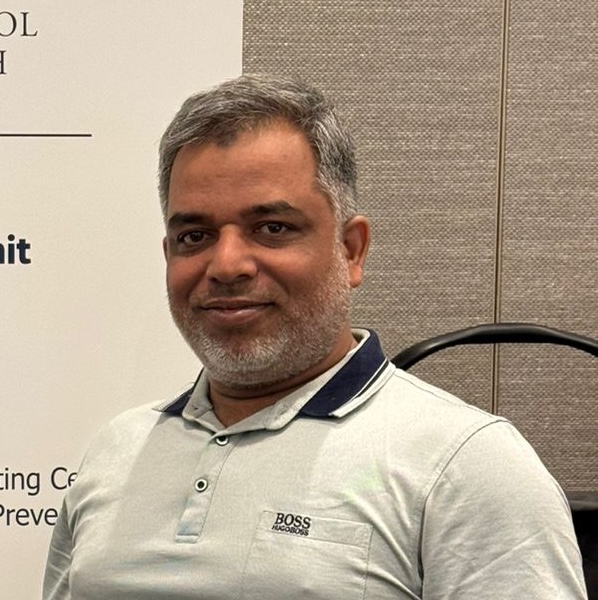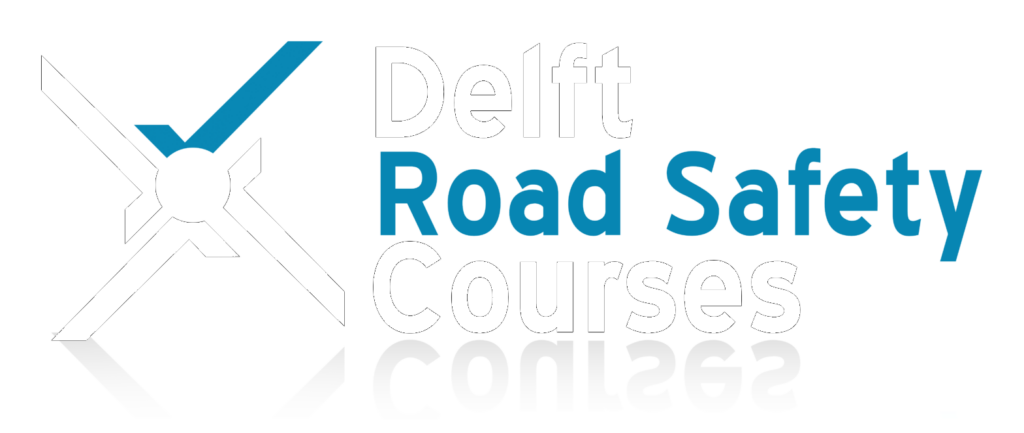Road Safety Research & Policy making in Low- and Middle-Income Countries
Online course
About the Course
We often talk about evidence-based policy making when it comes to road safety and implementing the Safe System Approach. But how do we put this into practice?
The main objective of this short online course is to discuss and share best practices in linking road safety research with policy making in low- and middle-income countries (LMICs).
The aim is to bring Researchers and Policy Makers together to work as a team to address the fundamental policy question of What should I do? at the same time as asking What do I need to know, to know what to do?
The course will take a case study approach led by experienced practitioners from low and middle income countries. Each session will be dedicated to a particular issue area: motorcycle safety; speed management; school zones; and pedestrian safety. Each participant or team will be invited to select one of these key areas to present on during the course.
The maximum number of participants for this course is limited to 20.
Course details
Applications for this course are now closed.
- 25 October - 13 December 2024
- Five sessions
- Online
- 1pm - 4pm CET
- 50 plus €2 transaction fee
What will you learn?
After completing this series participants will:
- Be able to understand the importance of linking road safety research with policy making
- Be able to understand how policy makers and researchers can design and implement road safety initiatives together
- Learn about best practices on road safety research and policy making in low- and middle-income countries
Structure
The course will follow a blended learning approach and has been designed to be as interactive as possible.
Each session will include an introductory case study, discussion, and participant presentations. It is expected that participants actively take part during the live sessions and complete small homework assignments.
Participants will be assigned to groups to present on one of the case study areas during the course. Participants will be able to show a preference for their allocated case study topic in the application form.
Participants will receive a Certificate of Participation.
Session 1
25 October
Theory on zipping research and policy making.
Case study: motorcycle safety
Session 2
11 November
Case study: speed management
Session 3
22 November
Case study: school zones
Session 4
2 December
Case study: pedestrian safety
Session 5
13 December
Feedback
Exploring options for a follow up seminar

Researcher – Policy Maker Teams
Teams can participate in the course via one of two routes:
- One member of the team attends the course, and discusses their project with their teammate,
OR
- Both attend the course.
However, please note that individual registration is required for each member of the team.
The aim of this course is to bring together researchers and policy makers from LMICs.
Researchers may include:
- academia (not limited to early career researchers);
- those involved in scientific research in private companies, NGOs, ministries, road authorities.
Policy makers may include:
- road safety officials in government agencies;
- road safety decision makers at national or municipal level.
All participants are encouraged to team up with someone from their own country who is either a researcher or a policy maker (e.g. as a researcher you will team up with a policy maker, and vice versa).
It is possible to register for the course without a teammate, but the pre-selection process will give priority to researcher-policymaker pairs.
Lecturers and Trainers
Course leadership
Lecturers

Prof. Kunnawee Kanitpong
Asian Institute of Technology, Thailand

David Perez
World Resources Institute, Colombia

Emmerentian Mbabazi
World Resources Institute, Uganda

Patrick Muchaka
ChildSafe, South Africa

Kazi Burhan Uddin
Centre for Injury Prevention and Research, Bangladesh

Prof. Geetam Tiwari
Indian Institute of Technology, India
Approach
Evidence based
We use methodologies and materials that are evidence-based and scientifically sound – supporting a holistic approach to data collection, problem analysis, research and innovation, monitoring and evaluation.
Leading experts
Our courses are delivered by world leading researchers and professionals with experience of working in and with low and middle income countries to improve road safety and sustainable mobility.
Peer learning
Our learning environment encourages students to exchange knowledge and share experiences. This helps in identifying creative, locally relevant solutions to common challenges and issues.
Tailored for LMICs
We base our learning on the Safe System Approach and how this can be tailored and adapted to local contexts, with a focus on the specific challenges faced by low and middle income countries.
Train the trainer
We support local development and the governance of road safety management by developing capacity amongst practitioners and professionals who will return home and share their learning with others.



